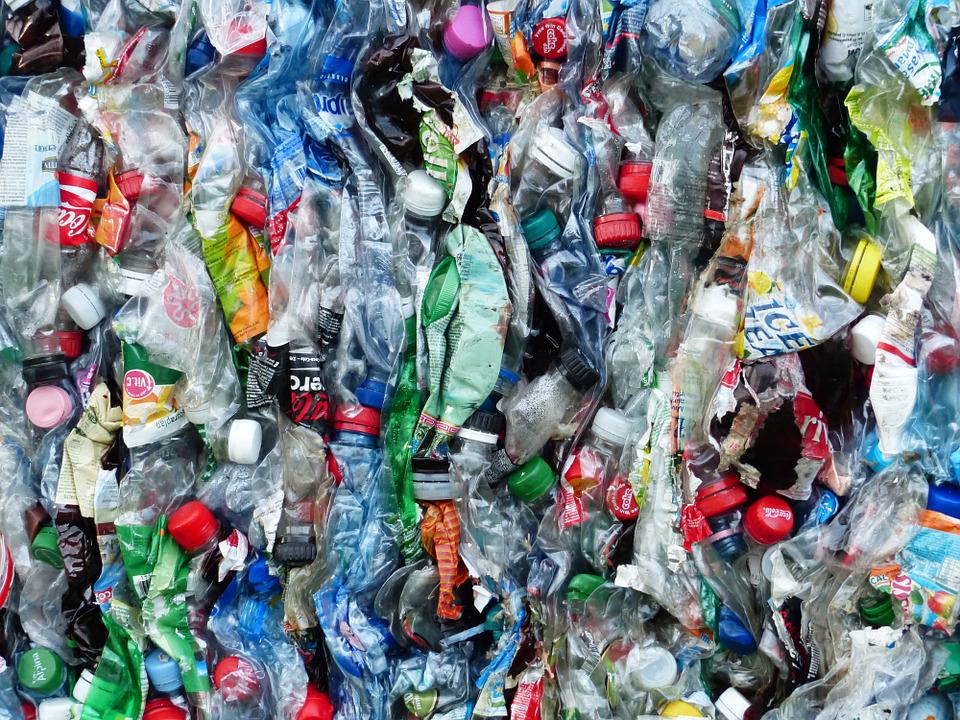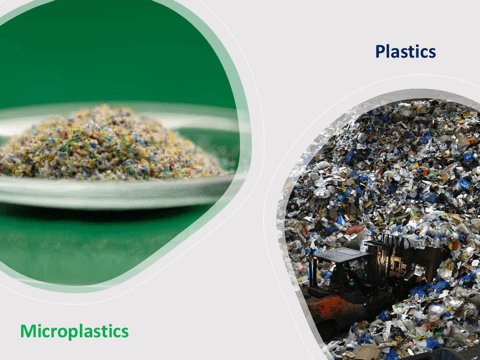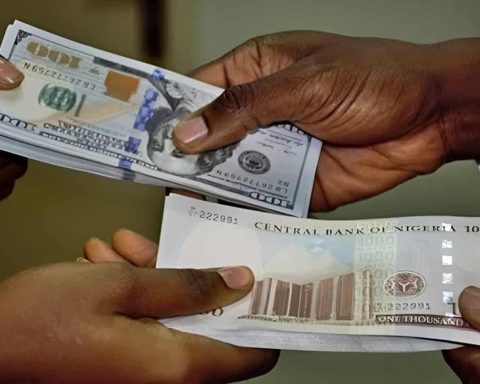For years, grocery clerks have routinely asked customers if they would prefer paper or plastic bags. It would seem now that the preference has shifted in the direction of plastic for reasons which have little to do with environmental issues and everything to do with convenience and efficiency. Many stores today automatically set up their check-out stands for plastic bags, often making the decision for paper much more difficult for the consumer.
From a business standpoint, it’s not hard to gauge the preferences of most grocery and retail stores today- the ubiquitous plastic bag.
Join our WhatsApp ChannelBut does this mean the paper bag, often seen as the more environmentally-conscious choice, has become extinct? Not necessarily. Paper packaging is still used extensively, from gift wraps to envelopes to meat wrappers. Customers still prefer paper products for applications where plastic bags aren’t especially helpful. Plastic bags may rule at the check-out counter, but cardboard and other paper products are still preferred elsewhere.
READ:Chanja Datti, 8 Other African Innovators Win £4.1m Afri-Plastics Challenge For Tackling Plastic Pollution
So which form of bag is actually best for the environment? It depends on how you define ‘best’ when it comes to issues of environmental responsibility. Both paper and plastic bags are produced in factories, which means energy consumption and waste materials as by-products. Instinctively, many consumers would assume that paper bags would be better for the environment because their core ingredient is derived from a natural product called wood.
But the wood industry is also held responsible for clear-cutting old-growth forests and adding to the problems of deforestation. Replanting fast-growing pine trees may solve the recycling problem for the companies, but it also creates unnatural forests with fewer hardwood trees for native animals to inhabit.
Plastic also receives a fair share of criticism from environmentalists. Plastic is, by its very nature, an “artificial product derived ultimately from petroleum or other chemicals. Producing usable plastic often involves creating heat sources in factories and substantial amounts of water to control the process. Harmful chemicals may be released into the air in the form of smoke. Ground water may become contaminated by the run-off of plastic by-products.
Until recently, most plastic grocery bags and other packaging were largely non-biodegradable, which meant they were not breaking down into harmless components after being discarded by consumers. Older plastics would continue to contaminate the environment and release harmful gases for months or years.
So if neither paper nor plastic is completely safe environmentally, which one is closer to the right answer? Again, it depends on your definition of environmental safety.
Paper bags have always been recyclable and biodegradable, which means consumers can be assured that the product will not harm the environment after disposal. Paper bags can be reused for other projects involving paper, which encourages recycling. Paper companies often use lower-grade paper pulp to manufacture grocery bags, which means that the factory is using almost all of its supply of wood effectively. Grocery store packers also tend to fit more products in each bag, which reduces the total number of bags used per transaction. Packers are sometimes encouraged to use more plastic bags in order to avoid accidental breakage. This practice has led to excessive waste over the years.
But plastic bags also have their environmental advantages. The energy used to produce plastic bags is often less than the energy used to produce an equivalent number of paper bags. Plastic extrusion machines can create hundreds of individual bags from a surprisingly small amount of raw plastic material. Plastic can also be produced from lower-grade petroleum, which means that each barrel of crude oil (ultimately a natural product) is used efficiently.
READ: Scientists Discover Worms With Abnormal Appetite For Plastic Wastes
Since it takes far less raw material to produce one plastic grocery bag than an equivalent paper one, an argument could be made that plastic is actually a better choice environmentally. Recent advances in polymer technology have also resulted in plastics that are closer to true biodegradability than older forms of plastic. Modern plastic bags will eventually be reduced to the minimal amount of raw materials they contain. Plastic bags can also be reused as garbage containers or freezer bags, creating less of a need for more expensive plastic products.
The ultimate answer between paper and plastic may remain a matter of debate for years. But the recent tendency of stores to offer plastic nearly exclusively may indicate the future from a business point of view. If demand for paper bags continues to decline, then paper companies may stop producing them for consumers. A new material may be developed which will be more environmentally friendly than today’s plastic bags. Until that day arrives, consumers may have to choose their bags based on convenience as much as environmental concerns.















